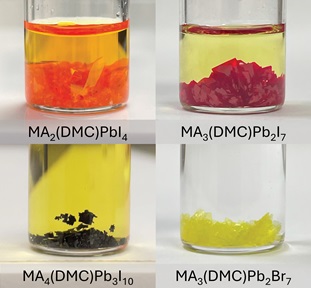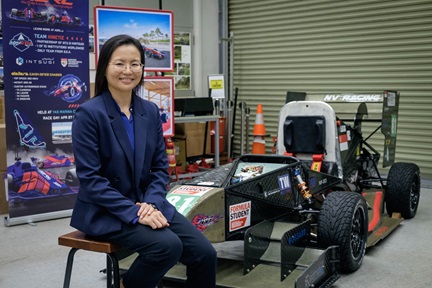Satisfying the world's appetite without heating up the globe
Data analysis reveals that lost and wasted food accounted for about half of total emissions from the global food system.

The global food system is a significant contributor to greenhouse gas emissions, a major cause of climate change and global warming. A considerable proportion of the emissions comes from food loss and waste, though the exact impact size is not known.
To estimate emissions from lost and wasted food, Asst Prof Fei Xunchang of NTU’s School of Civil and Environmental Engineering co-led a study that tracked the emissions of various types of food at different stages of their lifecycles, including transportation, sale, consumption and disposal.
Analysing the food supply data of 164 countries from 2001 to 2017, the researchers examined emissions across 54 food commodities belonging to four categories: cereals and pulses; meat and animal products; vegetables and fruits; and root and oil crops.
They found that lost and wasted food accounted for about half of the global food system’s total emissions in 2017, an amount equivalent to 9.3 billion metric tons of carbon dioxide. Almost three quarters of emissions that occurred during the supply-chain phase came from lost meat and animal products.
The researchers also found that food waste treated with advanced techniques, such as anaerobic digestion and composting, generated fewer emissions in developed countries than waste disposed of in landfills.
“Our study shows that factors such as eating habits, technological interventions and socioeconomic aspects impact greenhouse gas emissions from lost and wasted food,” says Asst Prof Fei.
“Reducing meat production in some areas, while switching from landfills to advanced waste treatment techniques in others could make the food system more sustainable.
”The study “Cradle-to-grave emissions from food loss and waste represent half of total greenhouse gas emissions from food systems” was published in Nature Food(2023), DOI: 10.1038/ s43016-023-00710-3.
The article appeared first in NTU's research & innovation magazine Pushing Frontiers (issue #23, March 2024).




.tmb-listing.jpg?Culture=en&sfvrsn=29c7e020_1)
.tmb-listing.jpg?Culture=en&sfvrsn=55153609_1)

